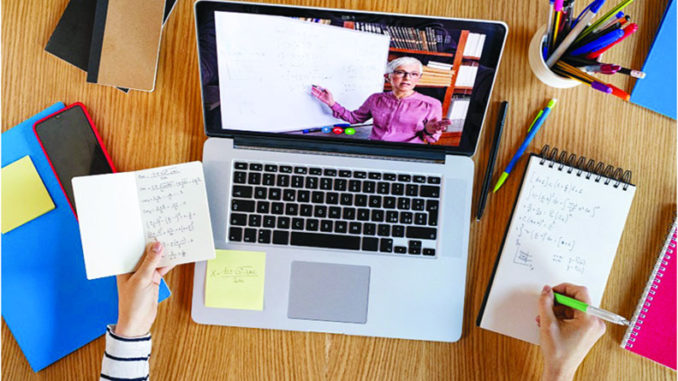
Palmerston North (TIP: As university students wait on their mid-year exam results, some will no doubt be thinking about more than just passing. Since COVID-19 pushed teaching and testing online last year, the issue of cheating has come into sharper focus.
Recent reports of University of Auckland students allegedly cheating in online exams highlighted the potential for dishonesty in a trust-based system.
But the problem also highlights a tension between cultures: the increasingly online world of higher education, and the everyday world of students.
This has made “cheating” in exams a more complex and evolving question than it once was. It also has implications for the credibility and value of university education and how we perceive student learning.
Traditionally, entry to university exams was controlled using student identity card photo checks. Set in large rooms, exams were invigilated to ensure students couldn’t communicate with each other in order to cheat.
Everyone had their place, and what students could take into the room was described and restricted. Teachers set the exams, the students sat them, exams were marked and final grades are given — simple enough.
COVID-19 changed all that. For institutions where “blended” (face-to-face and online) learning had already been integrated, the digital switch was not so dramatic.





Be the first to comment